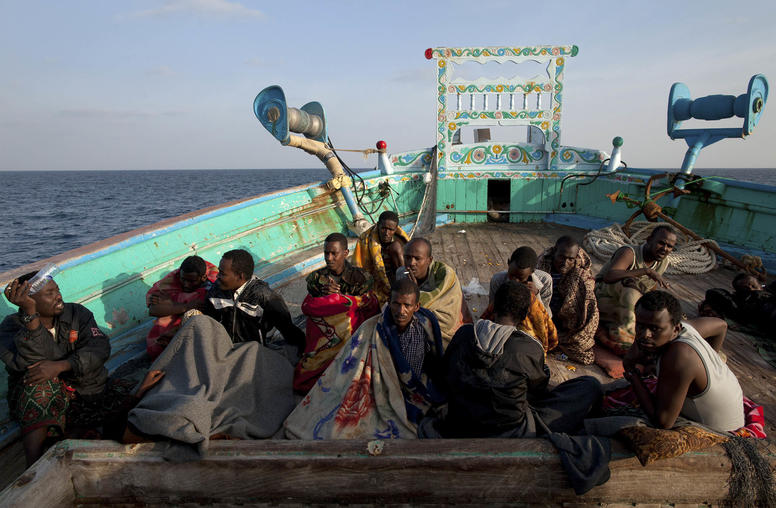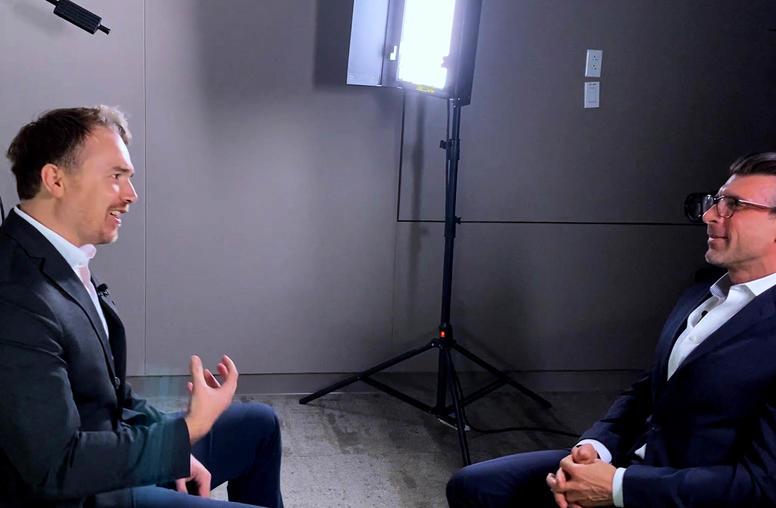Andrew Cheatham
Contact
Please submit all media inquiries to interviews@usip.org or call 202.429.3869.
For all other inquiries, please call 202.457.1700
Andrew Cheatham is a senior advisor for global policy and disruptive technologies.
He is a lawyer and former United Nations official with a history of success working in international affairs in highly complex conflict and crisis environments in the Middle East and Africa. He is experienced in institutional problem-solving on issues of rule of law, transitional justice, human rights, peace process support, program management, strategic communications, policy advisory services and risk management.
Cheatham holds a law degree from City University New York School of Law, a master’s in war studies and counterterrorism from King's College London, a bachelor’s in mass communications from Boston University and a certificate in negotiation from Harvard Law School. He has been a regular guest lecturer at King’s College London and is a non-resident fellow at the Seton Hall University Center for Peace and Conflict Studies and the Sympodium Institute for Strategic Communications.




